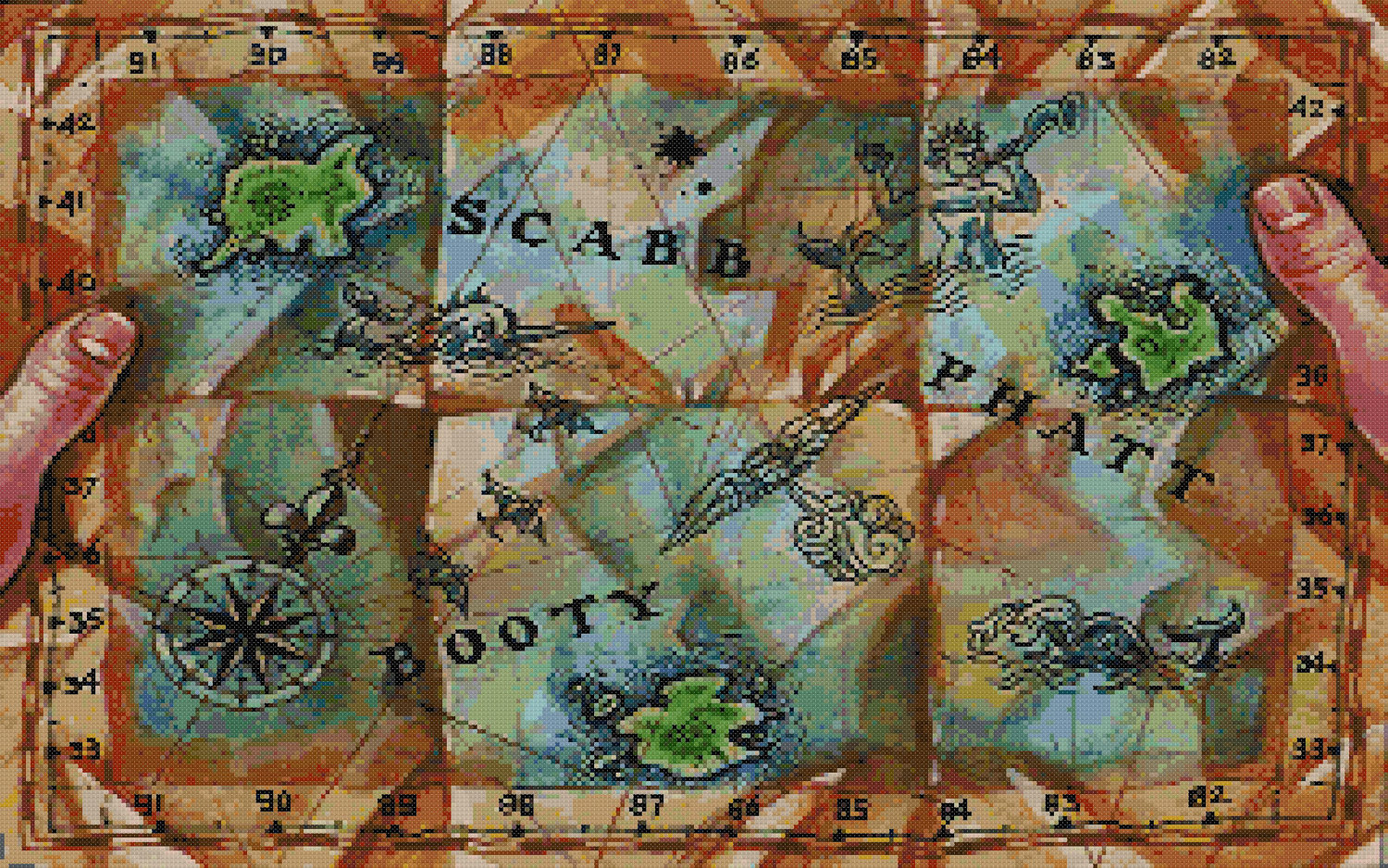Creating and representing geography of a fictional world that you play is a large challenge:
Maps, like history, reproduce and sometimes help fabricate the story. They reconstruct a certain vision of things—an ideology, a worldview, a perspective—that tell us a lot about the point-of-view of the people who made them. Maybe colonialist people who put themselves in the middle of the map. Or post-colonial people who sought to correct what they saw as an antiquated chauvinism. Games go further in representing this—on both an authorial and cultural level—because there is no original physical space. Instead, space is an abstract construct that contains ideological values, relationships, goals and narrative outcomes. There is still enough dynamism involved—even in strictly mapped games—that my subjective experience of Pokemon might be different from yours. But ultimately, the urban planning is the same, and knowing this always makes the world feel a little smaller.
You should Lana Polansky‘s notes on cartography in gaming over at Bit Creature.

